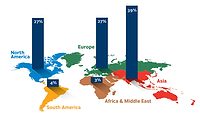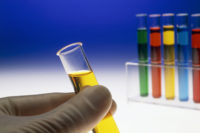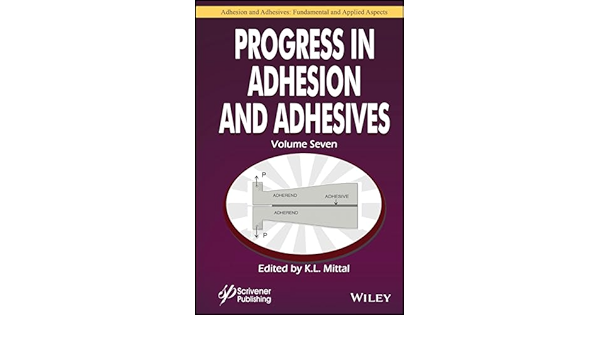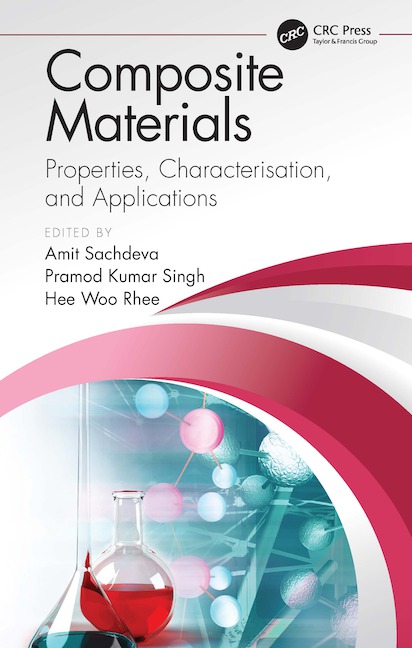Engineered Resins to Benefit from Increasing U.S. Demand for Biocompatible Materials

U.S. demand for biocompatible materials is forecast to increase 4.9% annually to $5.6 billion in 2018, according to a new study from The Freedonia Group Inc. “Synthetic polymers will remain the top-selling product group by far, due to quality, performance, and cost advantages in a broad range of applications,” said Bill Martineau, analyst.
Ceramic materials are expected to generate the fastest long-term growth in demand among all biocompatible materials, as advances in nanotechnology lead to the introduction of new and improved compounds for orthopedic implants, spinal fixation devices, and dental repair and restoration products. Spurred by increasing applications in cosmetic surgery, wound management, and arthritis therapy, hyaluronic acid will post the fastest revenue gains among natural biocompatible polymers. Titanium and titanium alloys will grow the fastest in demand among biocompatible metals, as high strength, lightweight, and shape memory advantages promote their expanding use in cardiac, orthopedic, and dental implants. Competition from alternative polymer materials will hold down revenues generated by other biocompatible metals, including precious metals and stainless steel.
Demand for synthetic biocompatible polymers will increase 4.7% annually to $3.2 billion in 2018, representing more than 1.4 billion pounds. Engineered resins—especially thermoplastic elastomer, silicone, sulfone, and polyketone materials—will command the fastest revenue and volume growth based on quality and safety advantages in high value-added catheters and implants. By contrast, demand for polyvinyl chloride, the most widely used biocompatible resin, is expected to drop slightly in volume terms over the forecast period due to recurring safety controversies and competition from improved grades of polypropylene and thermoplastic polyesters.
For more information, visit www.freedoniagroup.com.
Looking for a reprint of this article?
From high-res PDFs to custom plaques, order your copy today!







